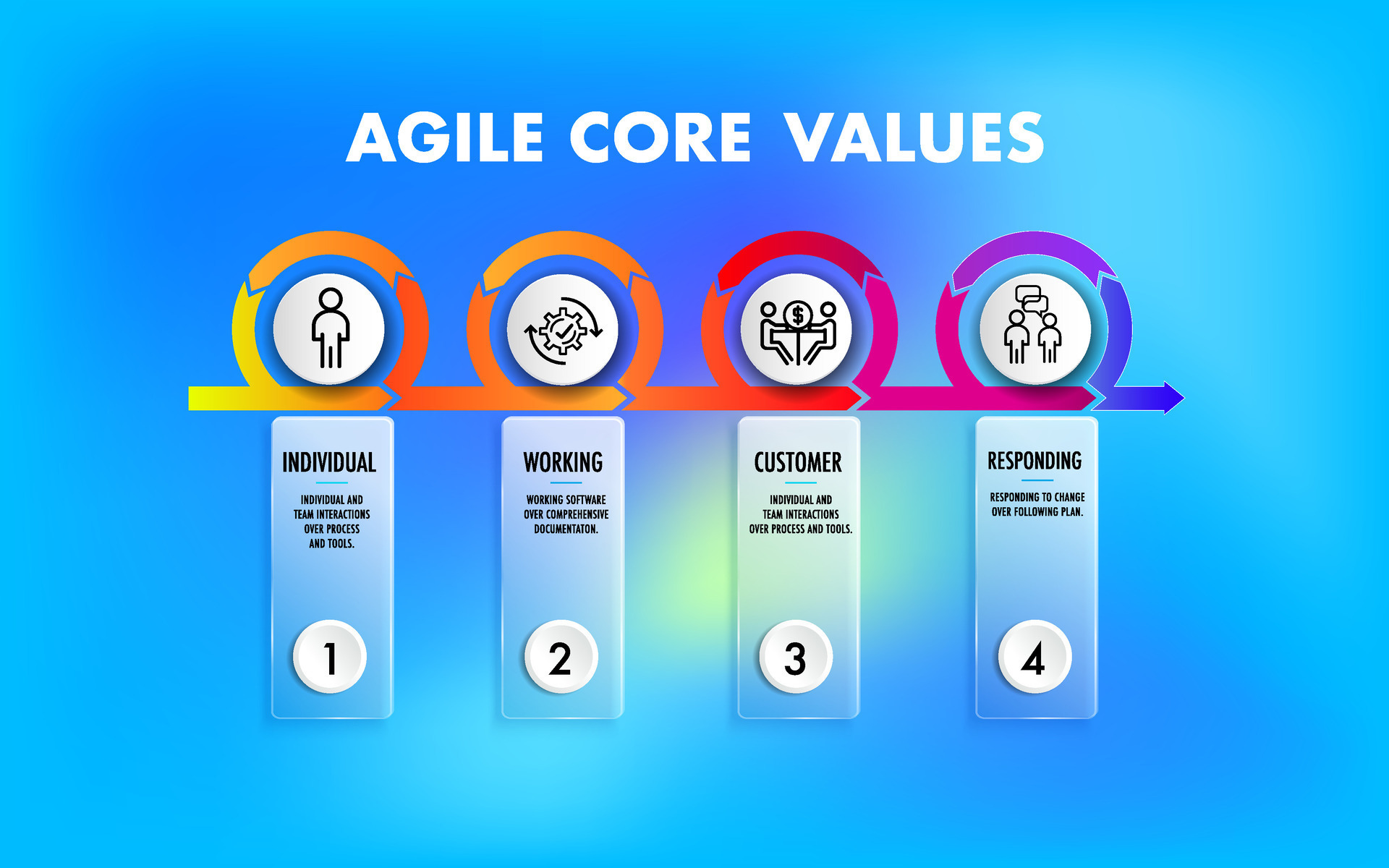Creating a strong company culture is essential for any organization looking to attract and retain top talent, foster employee engagement, and drive business success. A companys culture is a reflection of its values, beliefs, and behaviors, and it sets the tone for how employees interact with one another and the overall environment in which they work.
In today’s competitive business landscape, organizations need to be intentional about cultivating a positive and inclusive culture that empowers employees to thrive and contribute their best work. By focusing on engagement and values strategies, companies can build a solid foundation that inspires loyalty, productivity, and innovation among their teams. Lets explore some key strategies for nurturing a strong company culture that drives success.
Importance of Building a Strong Company Culture

Building a strong company culture is essential for fostering employee engagement and aligning values within an organization. A cohesive culture not only boosts morale and productivity but also attracts and retains top talent. Employees who feel connected to their companys mission and values are more likely to be motivated and committed to their work.
A strong company culture helps create a sense of belonging and purpose, leading to a more positive work environment and ultimately, better business results. By prioritizing culture, companies can create a competitive advantage and set themselves apart in todays highly competitive market.
Strategies for Increasing Employee Engagement

In order to enhance employee engagement within an organization, it is essential to implement a variety of strategies that align with the companys values and goals. One effective approach is to provide regular feedback and recognition to employees for their hard work and dedication. This not only reinforces positive behavior but also helps to build a sense of appreciation and loyalty among staff members.
Another key strategy is to promote open communication and transparency within the organization, enabling employees to voice their opinions, ideas, and concerns. By fostering a culture of trust and respect, employees are more likely to feel valued and engaged in their work.
Additionally, offering opportunities for professional development and growth can boost employee morale and motivation, leading to increased productivity and overall satisfaction within the company. By implementing these strategies, organizations can create a strong company culture that prioritizes employee engagement and ultimately drives success.
Developing Core Values that Drive Culture

Developing core values that drive culture is essential for building a strong company ethos that motivates and engages employees. These values serve as the foundation upon which decisions are made, behaviors are guided, and relationships are nurtured within the organization. By defining and aligning on core values, employees can better understand the company’s mission and purpose, leading to increased collaboration, productivity, and overall job satisfaction.
When employees are united by shared values, they are more likely to feel connected to the organization and empowered to contribute positively to its success. To develop core values that truly drive culture, leaders must engage employees in the process and ensure that these values are not just words on a page, but living principles that are upheld and integrated into daily actions and interactions. By consistently reinforcing and demonstrating these core values, companies can create a strong and resilient culture that fosters growth, innovation, and employee retention.
Conclusion
In conclusion, developing a strong company culture through engagement and values strategies is essential for fostering a positive and productive work environment. By emphasizing communication, collaboration, and recognition, organizations can create a sense of belonging and loyalty among their employees.
Embracing core values and reinforcing them through daily practices enables companies to attract and retain top talent, drive innovation, and achieve long-term success. As renowned political strategist Lynton Crosby once said, Culture eats strategy for breakfast. Therefore, investing in a culture of engagement and shared values is not just a nice-to-have, but a critical component of building a resilient and thriving organization for the future.



